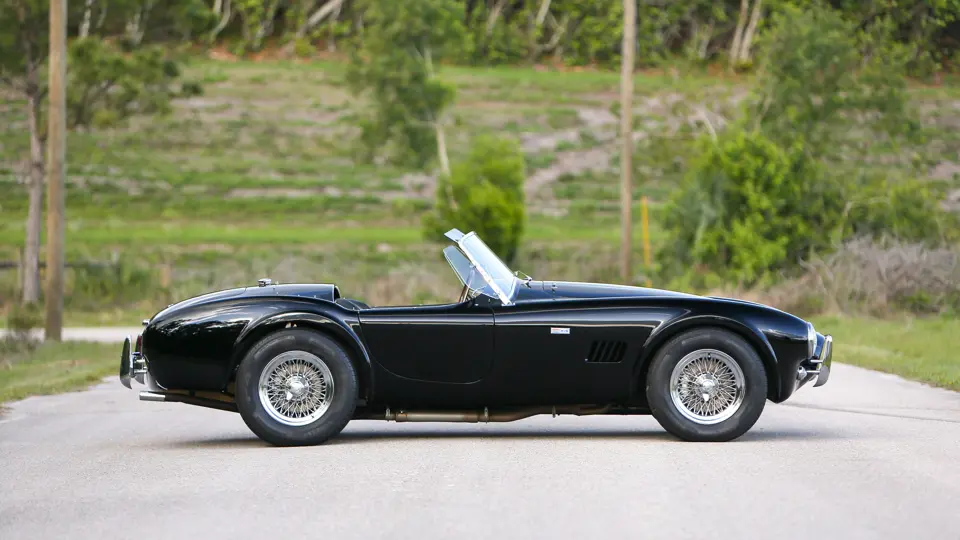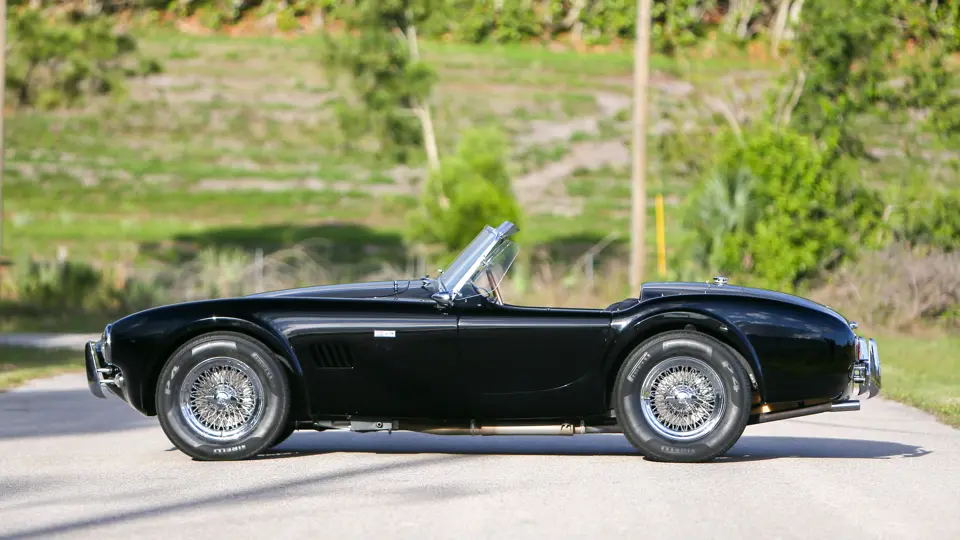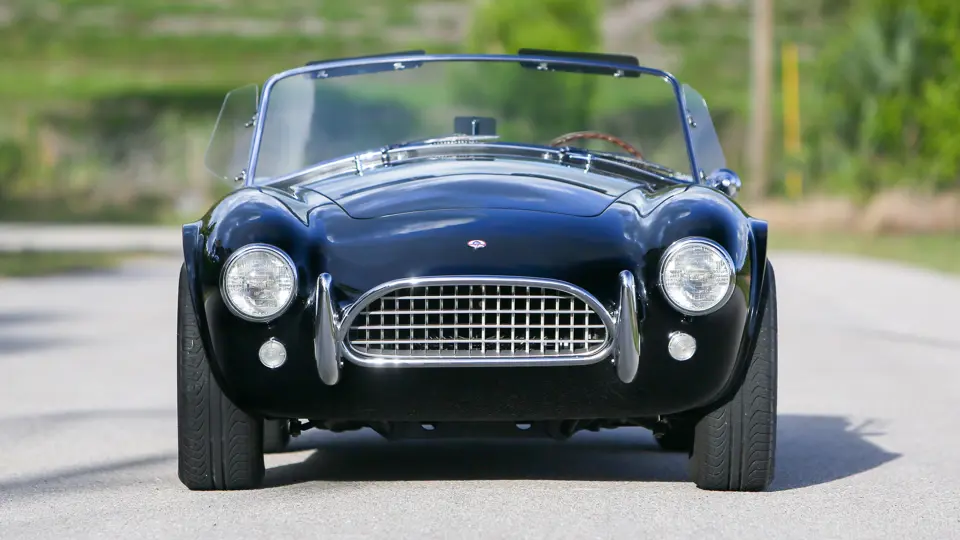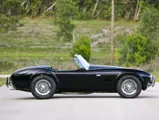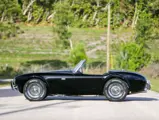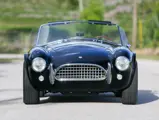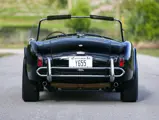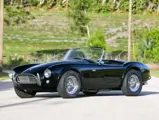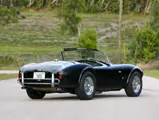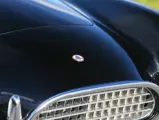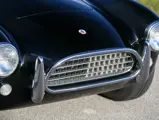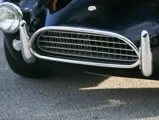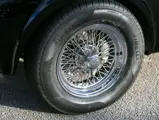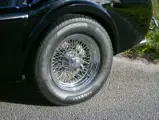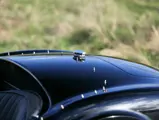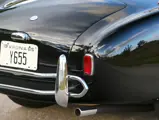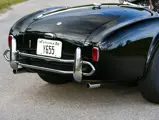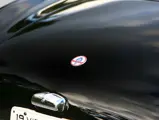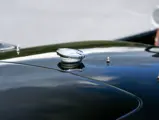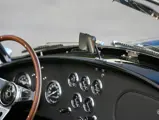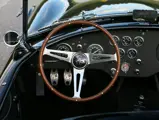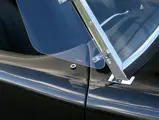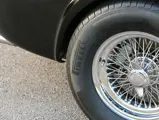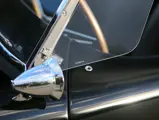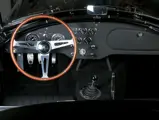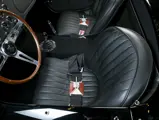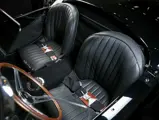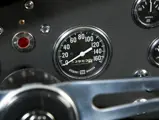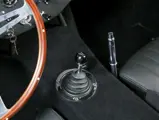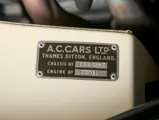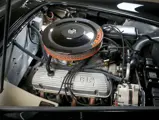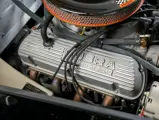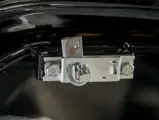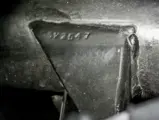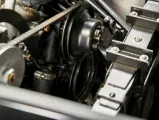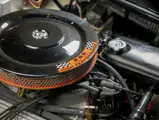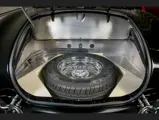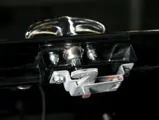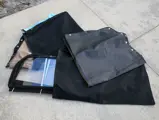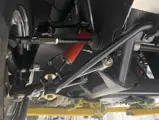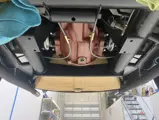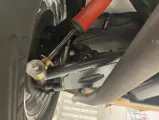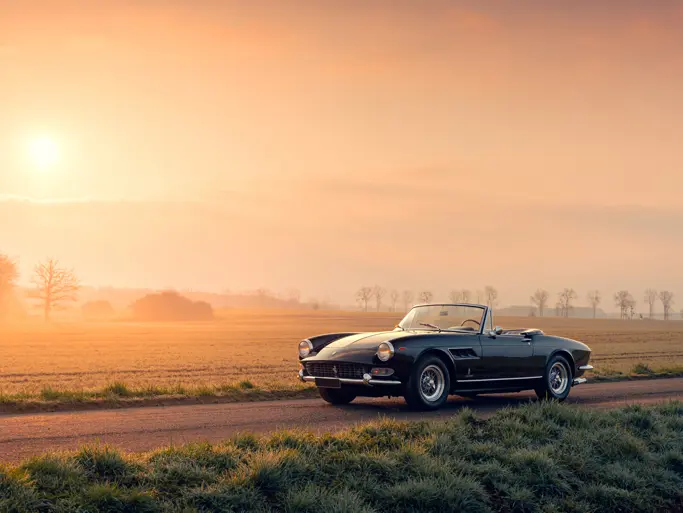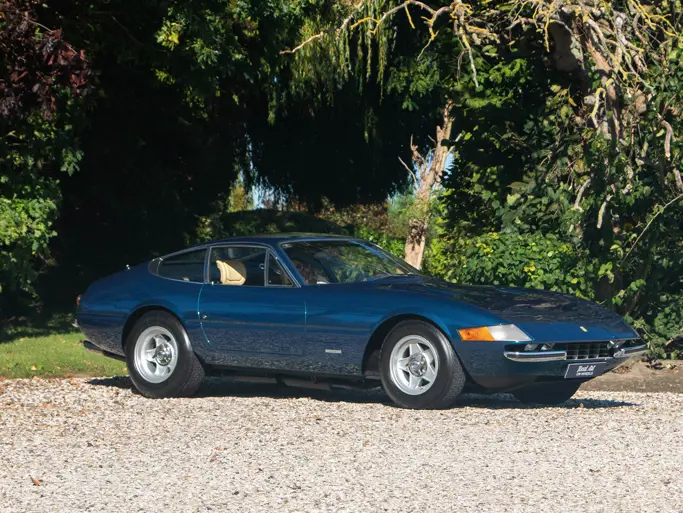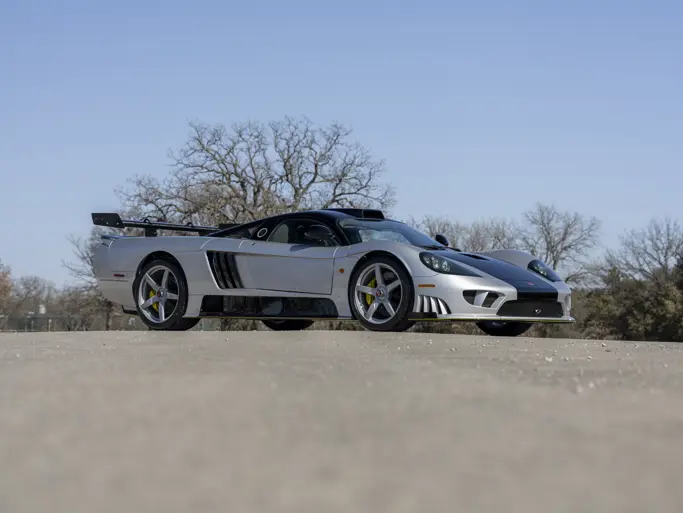
1965 Shelby 289 Cobra
{{lr.item.text}}
$967,500 USD | Sold
{{bidding.lot.reserveStatusFormatted}}
- Originally used at a Shelby American demonstrator between September 1964 and January 1965
- 306 hp, 289 cu. in. V-8 engine paired to a four-speed manual transmission
- Benefits from a complete restoration executed by Cobra authority Mike McCluskey
- Documented in the SAAC Registry
By 1961, Carroll Shelby had established his reputation as a racing driver and, ready to kick it up a notch, he set out to build his own race car. Impressed by the combined agility and power of borrowed Cad-Allards, he set out to create the ultimate Anglo-American hybrid. AC Cars of Thames Ditton, England provided a nimble tubular frame and aluminum body in their Ace, highly reputed for its dexterity on the European circuit. Desirous of the visceral power of the Dearborn, Michigan-manufactured V-8, Shelby persuaded Ford to furnish their short stroke 260-cubic inch engine to complete the perfect union. The lightweight Ace frame had to be modified to accept the muscular V-8 engine, but such was Shelby’s power of persuasion that both entities agreed to allow the new prototype to be named after the race driver. In 1962, a brilliant yellow Shelby Cobra was unveiled at the New York Motor Show.
Sporting a four-speed manual gearbox, the prototype, chassis CSX 2000, weighed in at just 2,100 pounds and was campaigned across the United States. Shelby American Inc. could barely meet demand for the brawny little race car. By 1963 it upped the ante, switching to a rack-and-pinion steering system—but most notably it adopted the 289-cu. in. Ford motor with 271 horsepower and a top speed of 130 mph. The Shelby 289 Cobra was able to accelerate from 0-60 mph in just 5.8 seconds. The superb power-to-weight ratio enabled the newcomer to take 7th place in the 1963 24 Hours of Le Mans, and Dan Gurney went on to be the first U.S. driver to win an FIA race in an American car at the Bridgehampton 500 KM in September of the same year. The following year at Le Mans, the Shelby Cobra won 4th place overall and 1st in the GT class.
Chassis CSX 2547 is unique, as it was one of very few Shelby Cobras ordered for exhibition and demonstration purposes by Shelby American. Originally specified in a bright blue over red livery, CSX 2547 was shipped to Los Angeles from AC Cars on 27 August 1964, and served as a company demonstrator between September 1964 and late January 1965. On 19 January, the chassis was approved for retail and invoiced to Hayward Motors of Hayward, California on 20 March. Hayward Motors later sold CSX 2547 to its first owner of record, Ross D. Scott of Davis, California; Scott retained this Cobra for several years and, as noted in the SAAC registry, had the car serviced several times under warranty at Hayward. After passing through a litany of owners in the continental United States and undergoing restoration circa 1982, CSX 2547 was acquired by collector Jean-Claude Mimran and exported to Switzerland in 1995. The car was then sold by Mimram via Sotheby’s Geneva in September 1997; CSX 2547 was acquired thusly by the consignor and imported back to the United States.
2547 benefits from a complete nut-and-bolt restoration executed by noted Cobra authority and restorer Mike McCluskey of Torrance, California, which is documented by an extensive photo album that accompanies the sale. Now clad in Tuxedo Black over black leather, this eminently presentable 289 Cobra is replete with correct details throughout, including period-style lap belts, Stewart Warner gauges, and the correct AC steering wheel. The cabin is lined with black Wilton carpeting which compliments the black leather upholstery found on the seats and dashboard. The car’s hood latch, trunk latch, and doors each present the stamp “2547”—evincing their originality to this chassis.
The car has a replacement 289 cubic-inch “HiPo” engine which is paired to an aluminum T-10 transmission of the correct type produced on 30 March, 1964. The cylinder heads are surmounted by a pair of the correct and desirable “hollow letter” Cobra valve covers and an aluminum intake manifold. Power is routed to the ground via an attractive set of chrome center-mount wire wheels which ride on fresh Pirelli P4 tires. The car is further accompanied by a bevy of optional factory equipment including wind wings, tonneau cover, sun visors, clock, cloth top with irons, car cover, and a spare wheel.
Rarely driven since McCloskey’s masterful restoration, CSX 2547 is a wonderful and alluring offering. Faithfully restored and replete with many correct features and accompanying accessories, any collector seeking to experience the 289 Cobra would be wise not to let this example get away.




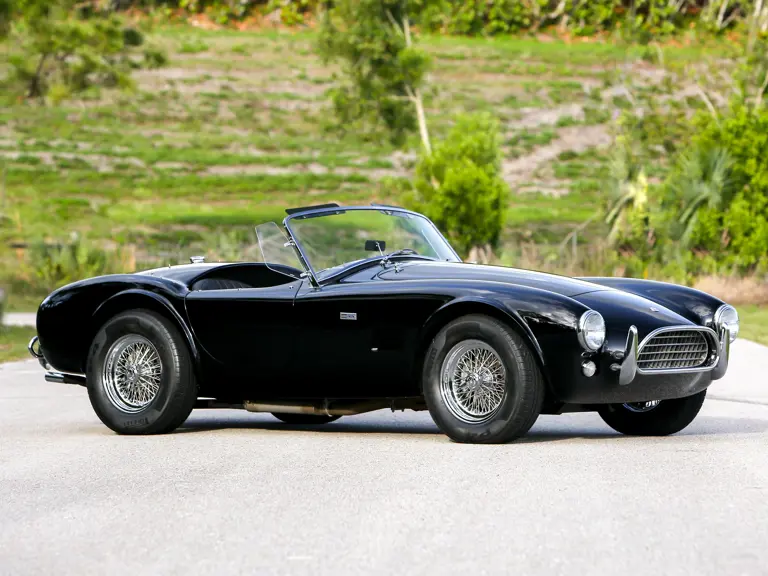
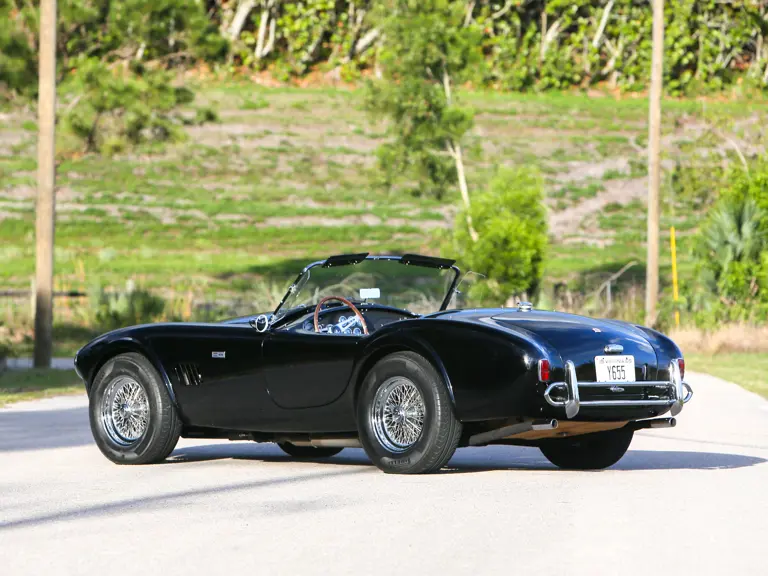
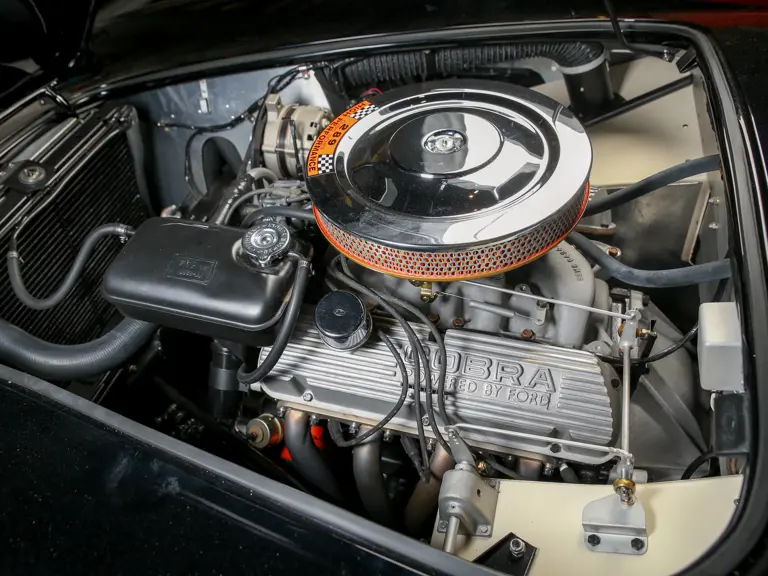
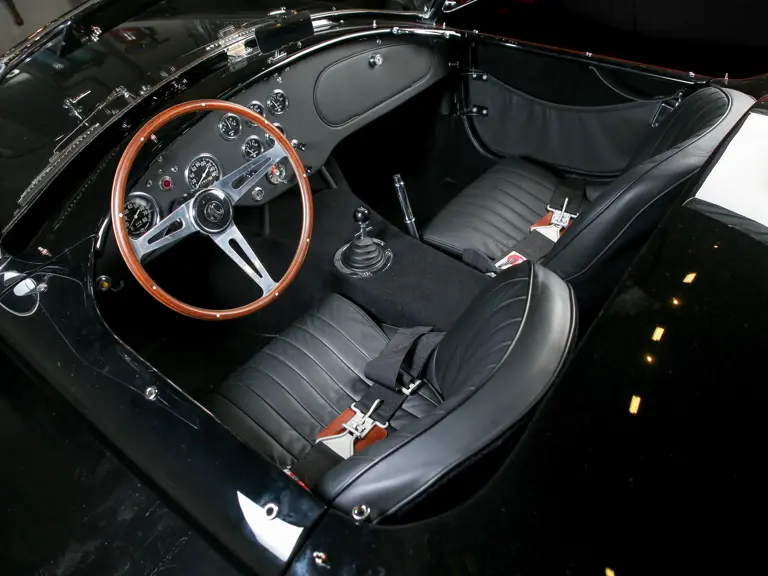
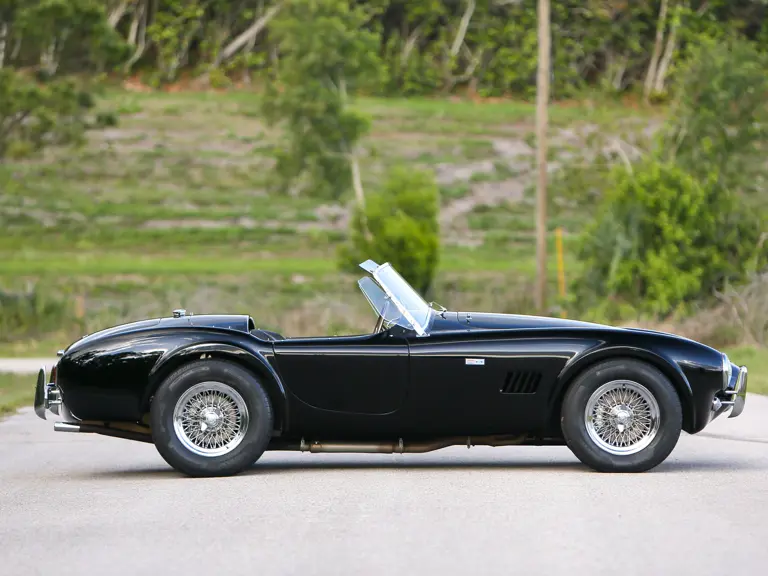
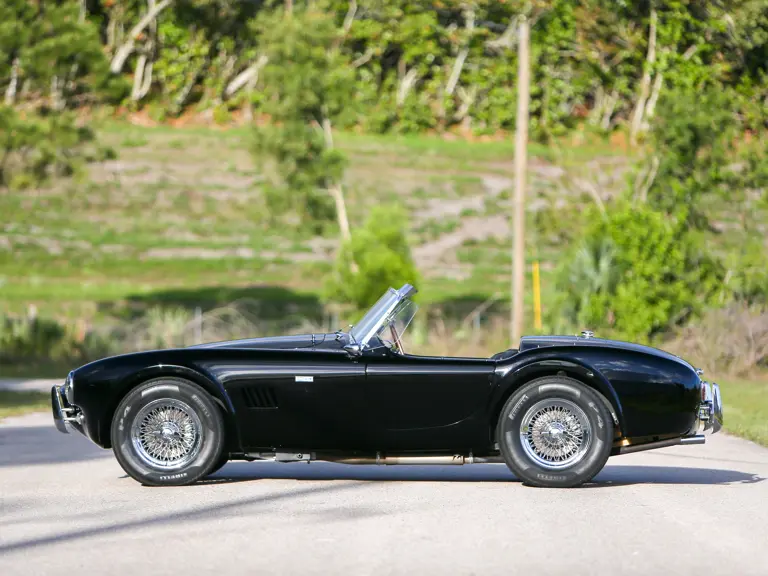
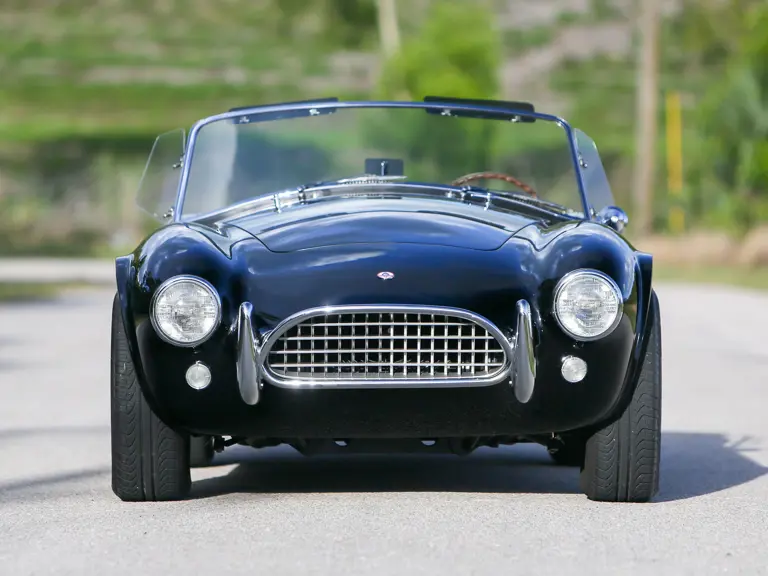
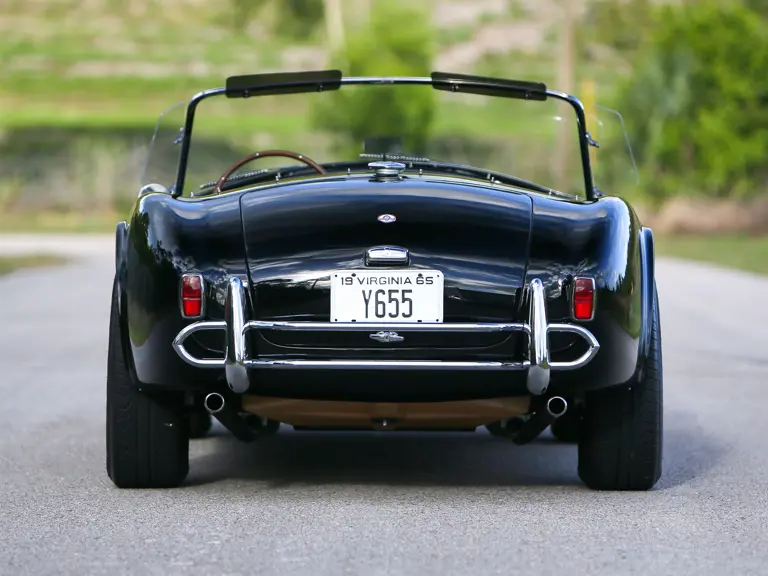
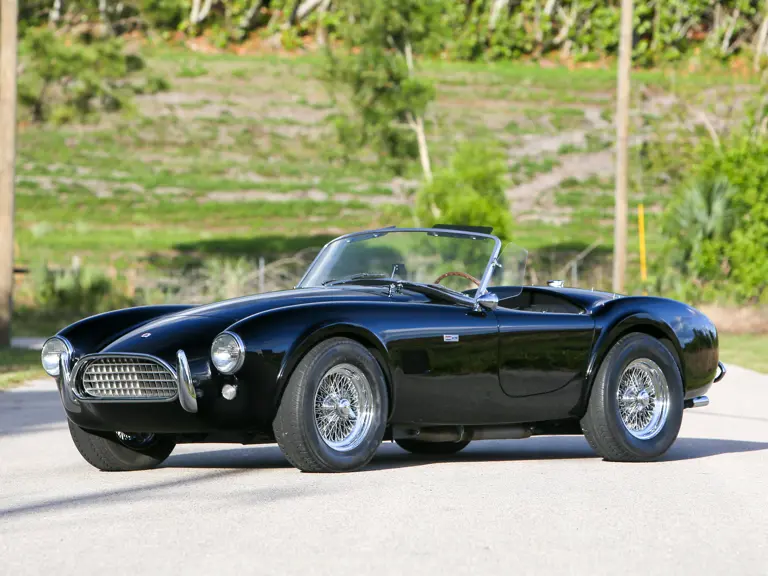
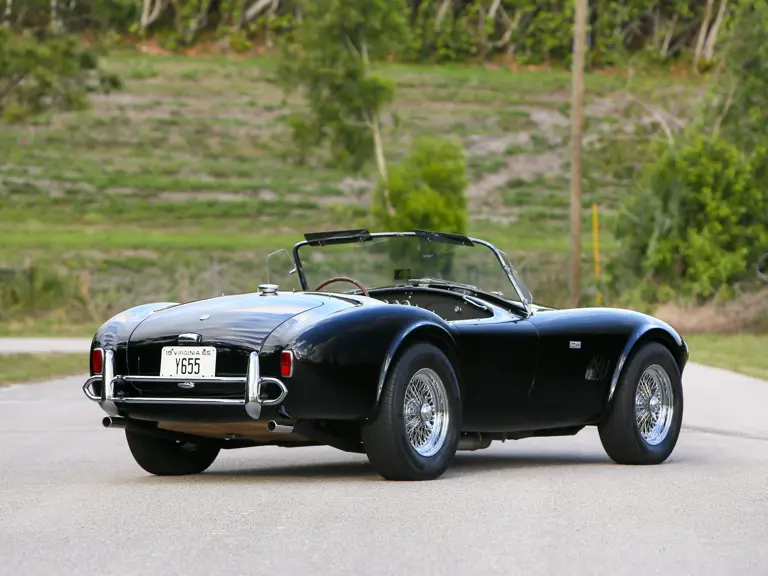
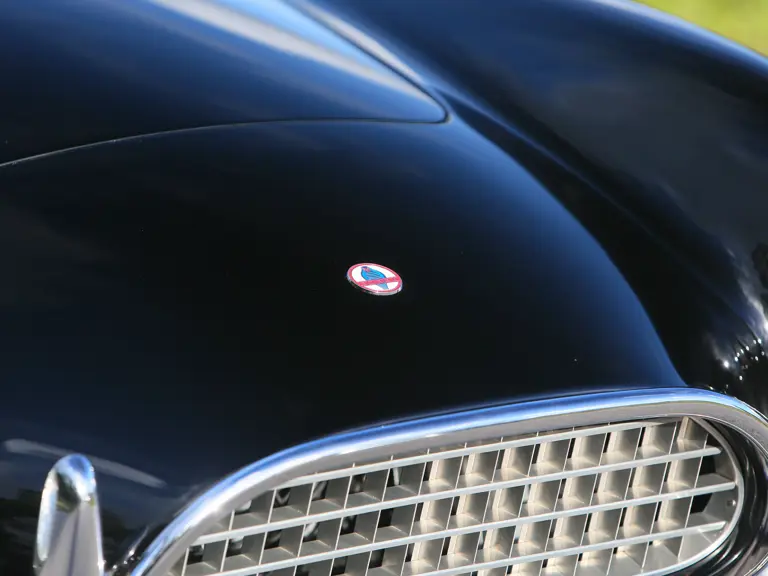
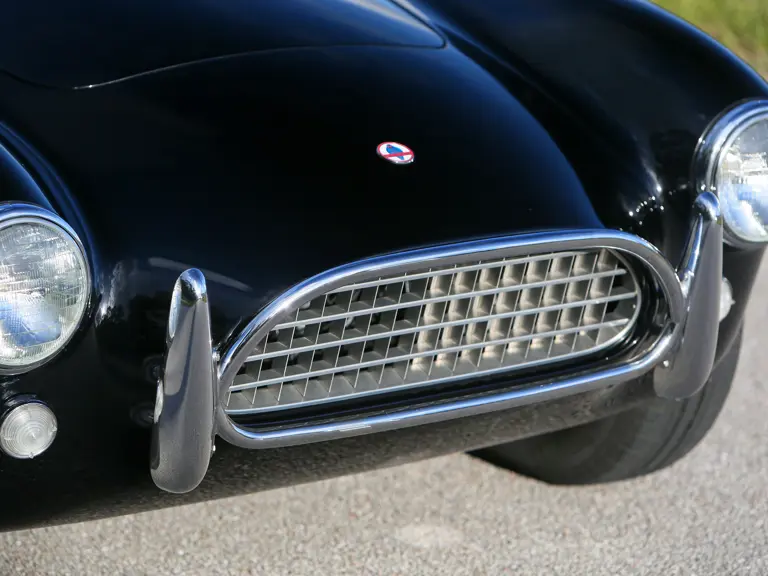
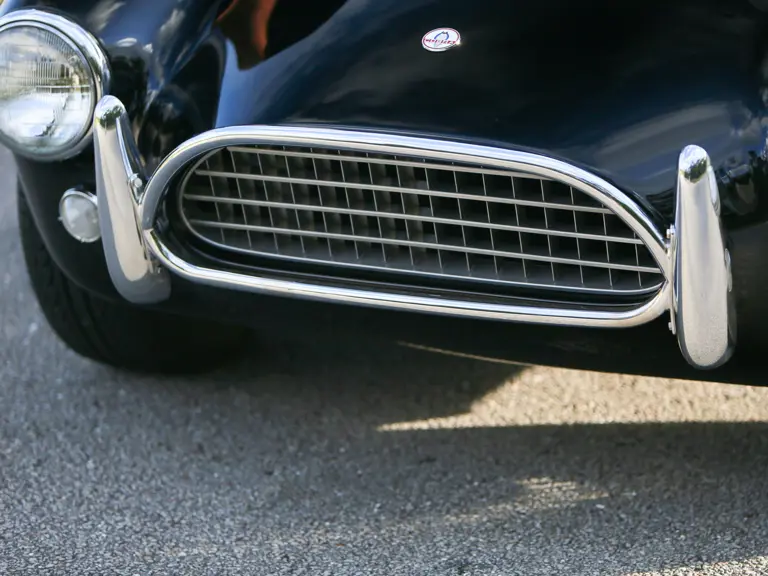
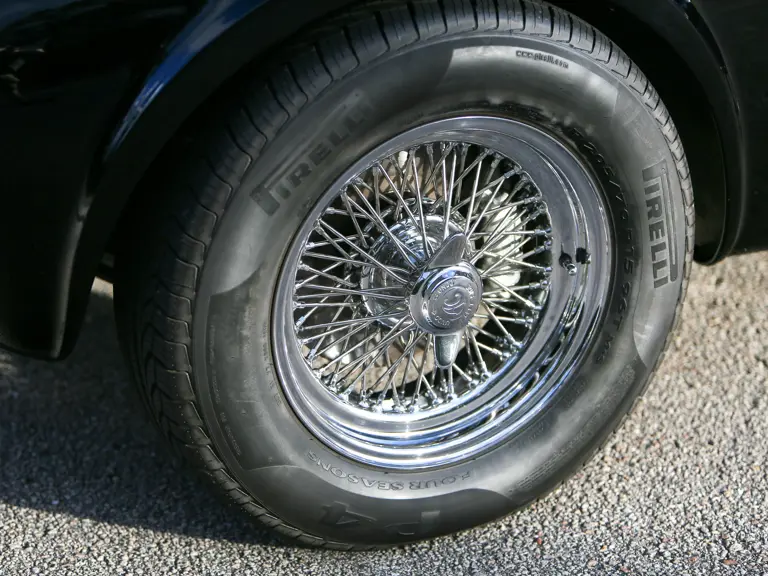
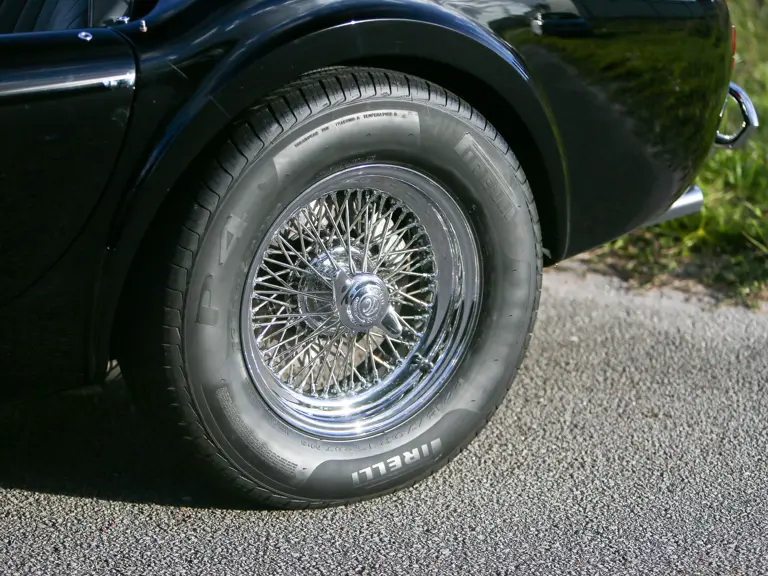
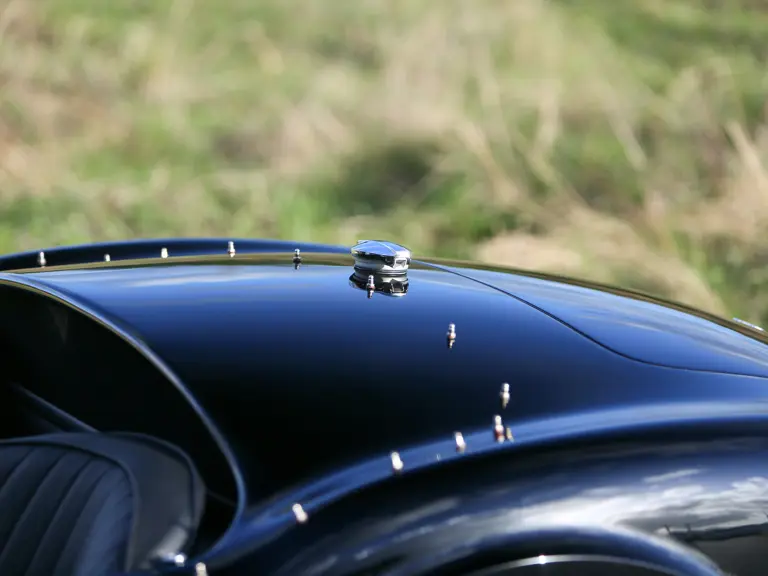
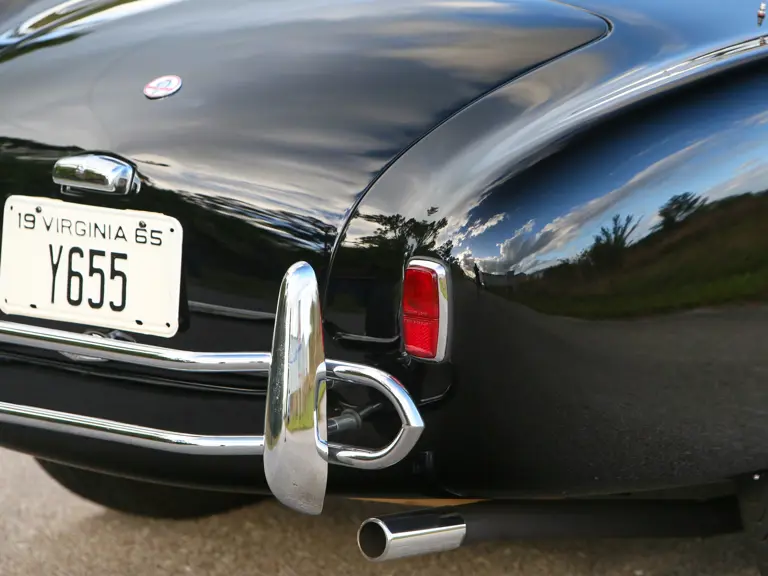
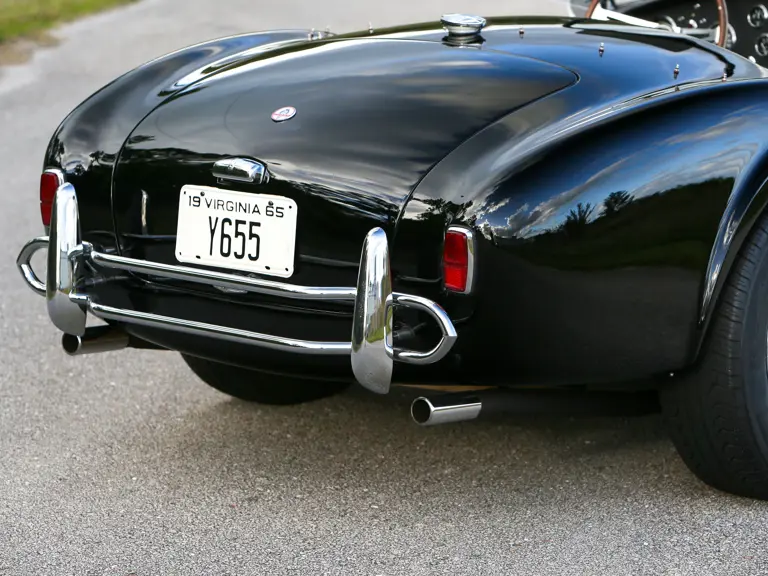
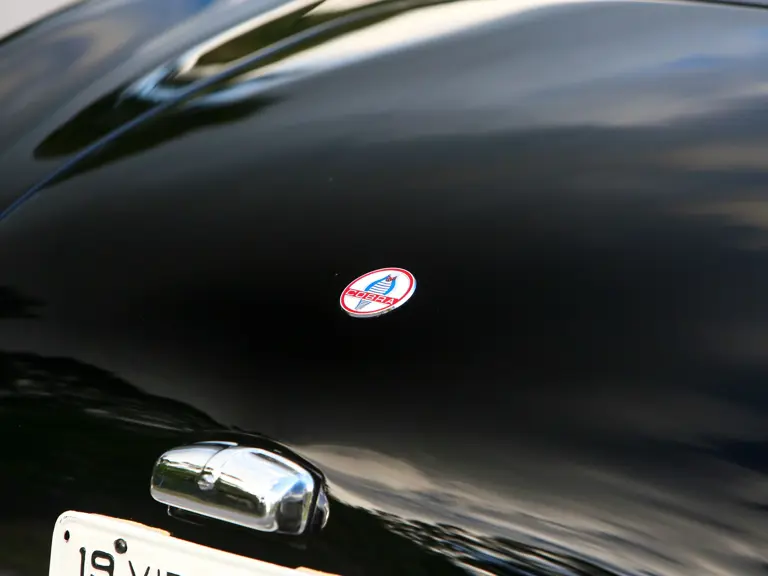
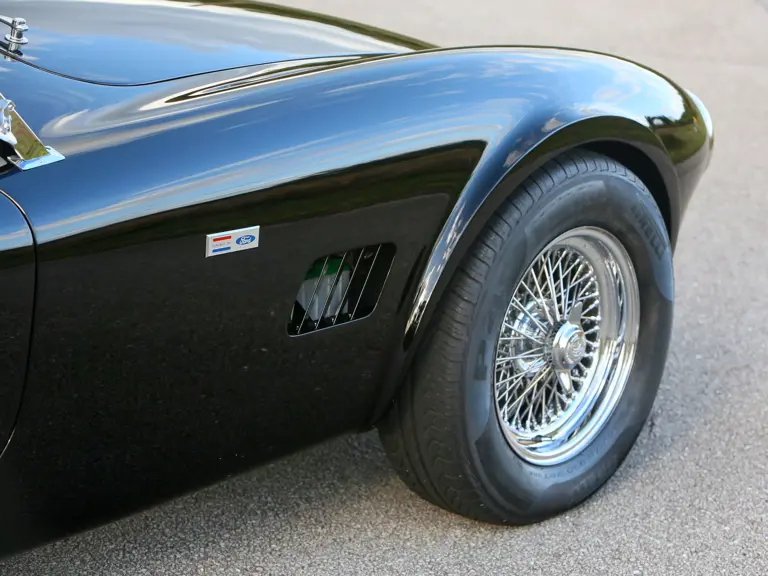

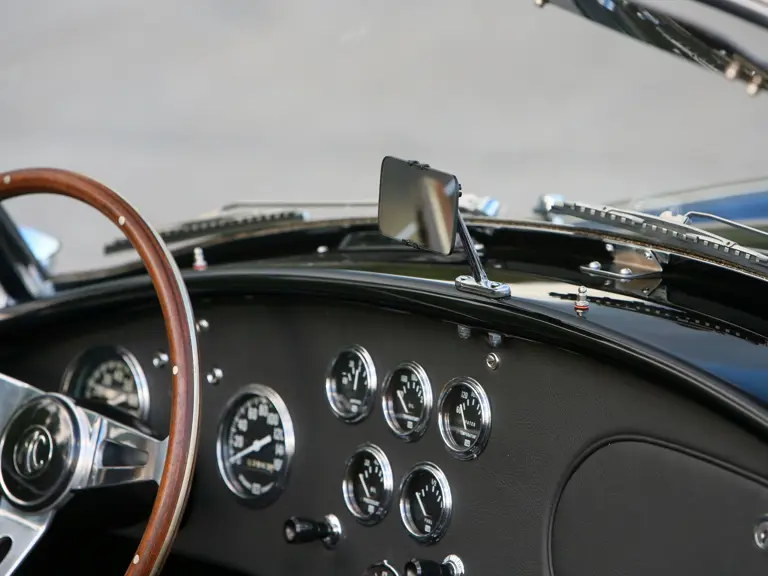
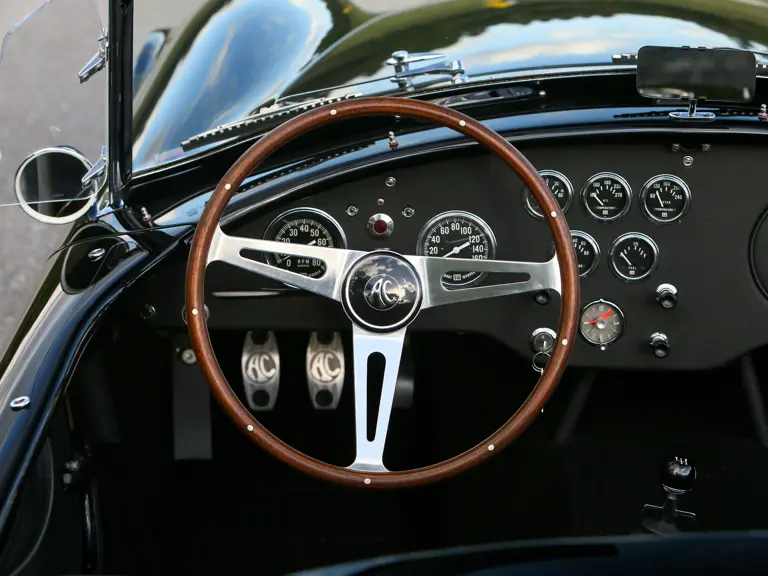
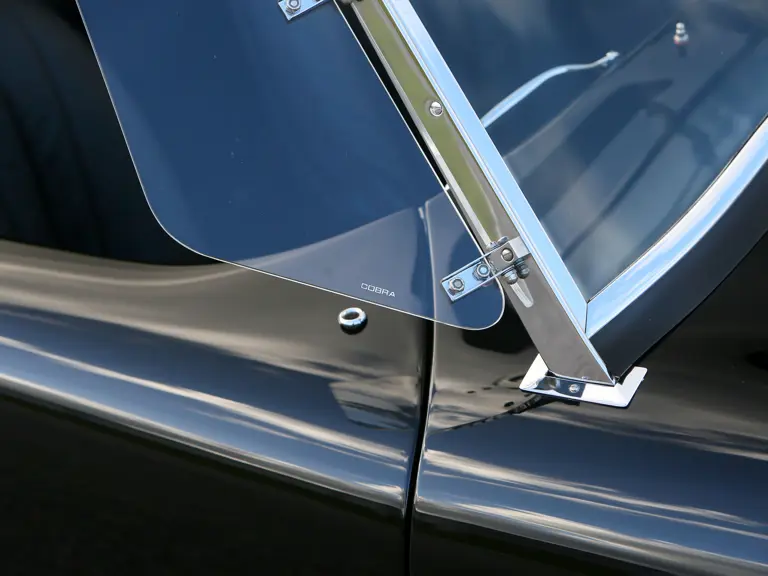
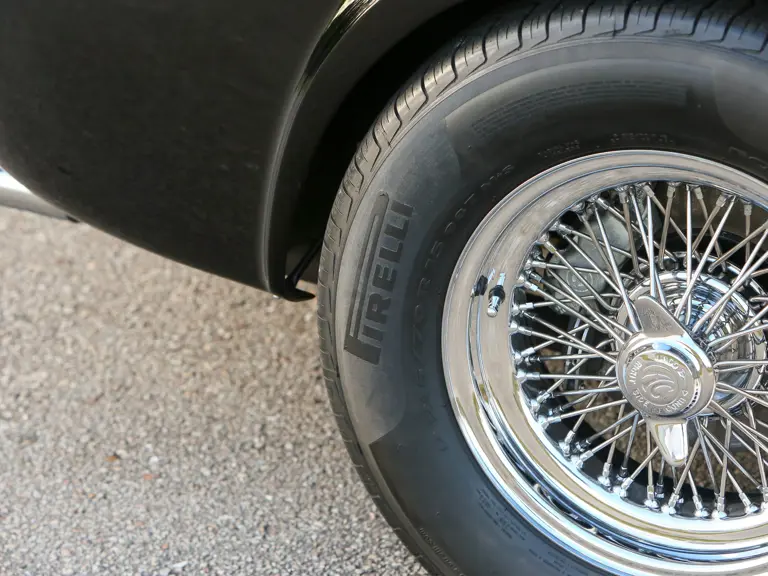
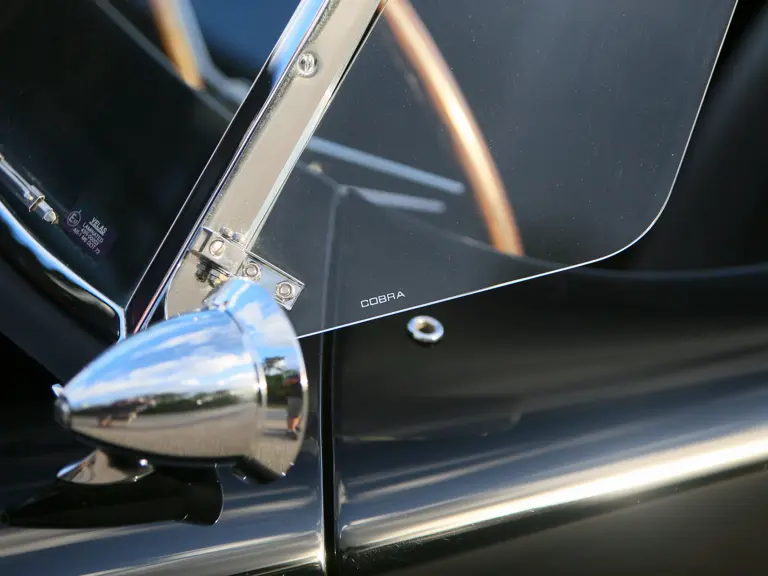
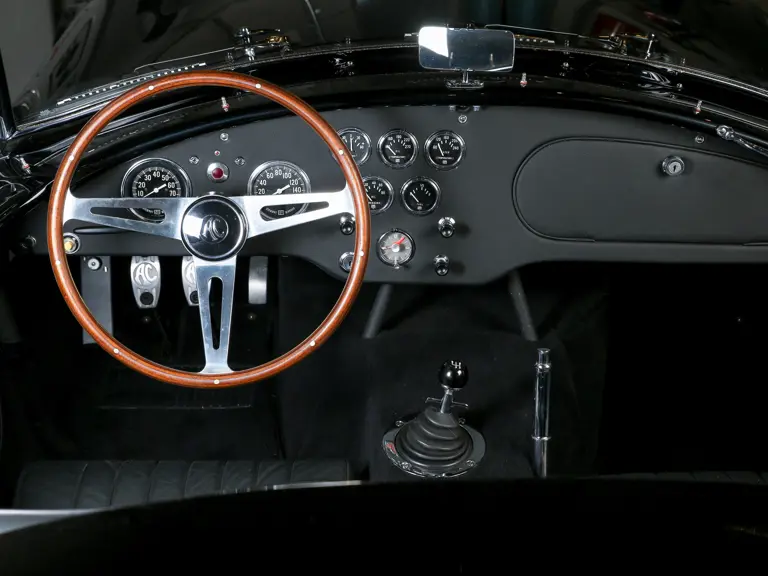
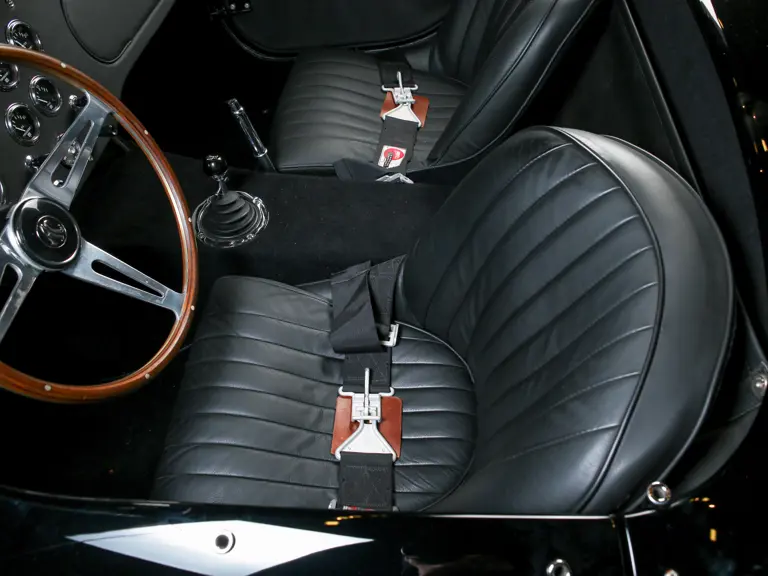
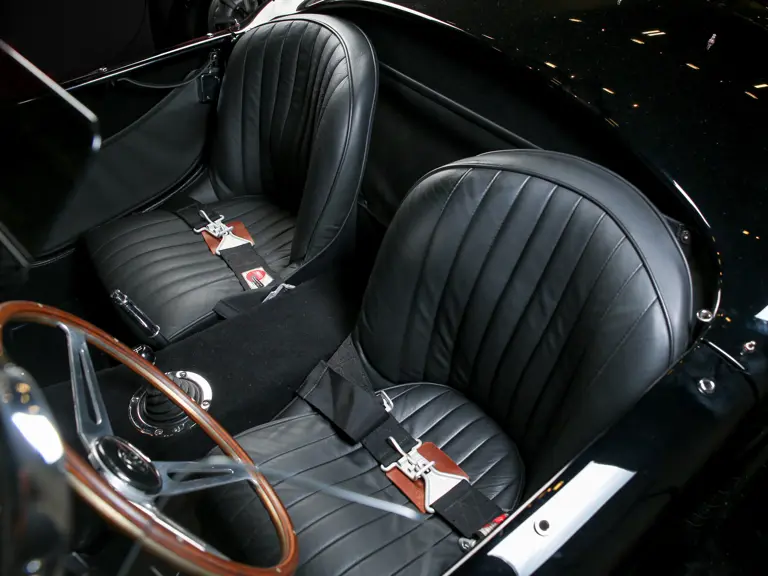
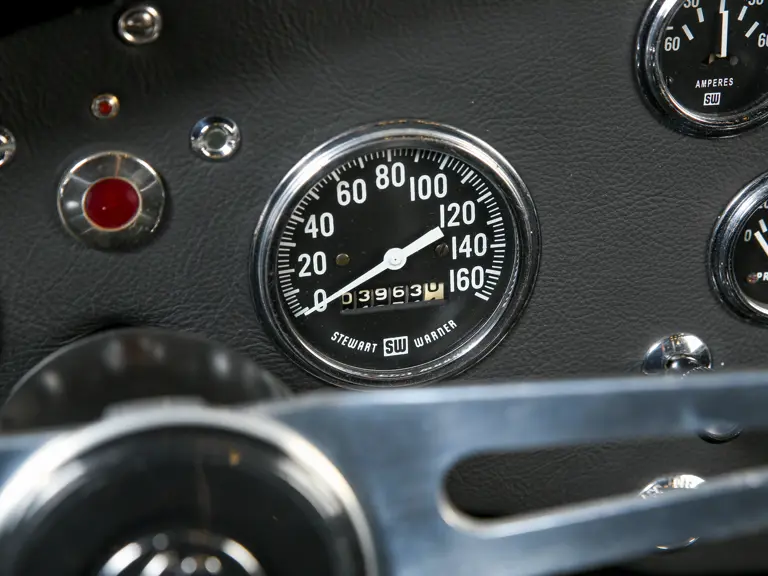
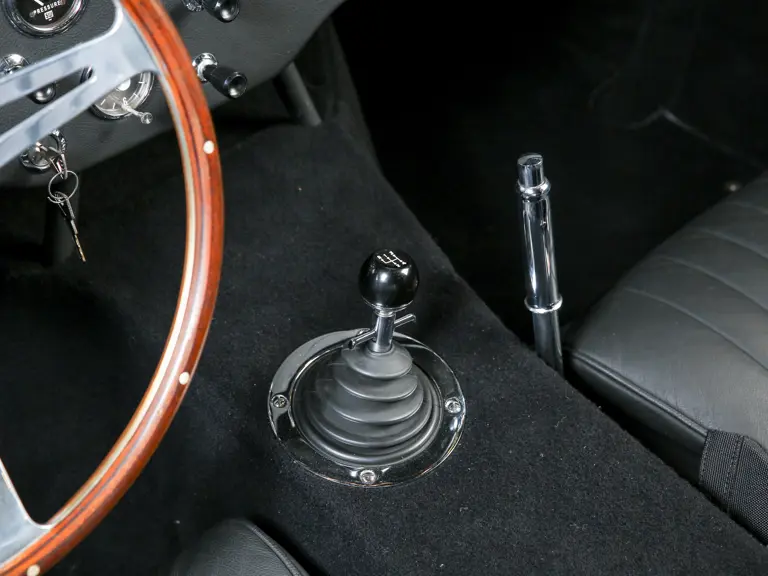
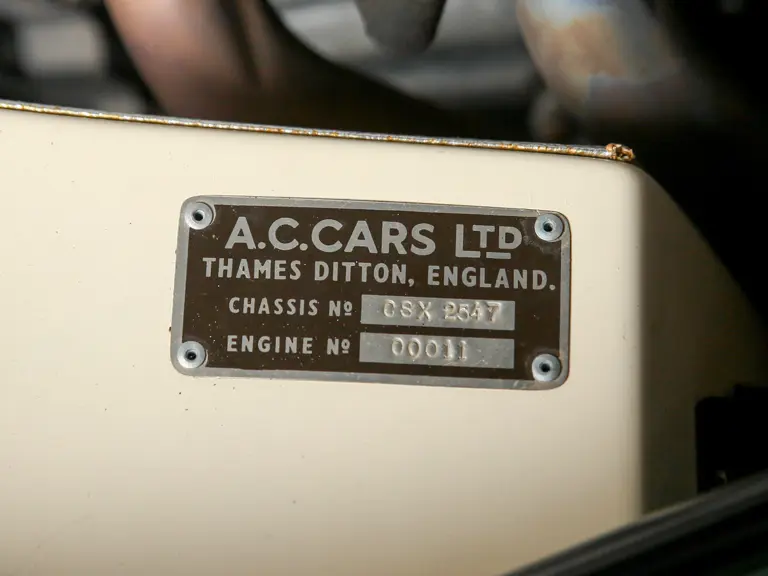
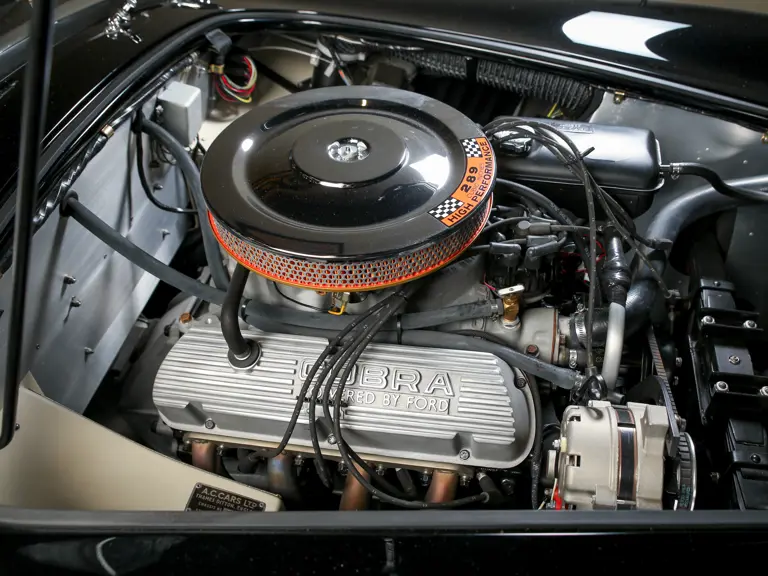
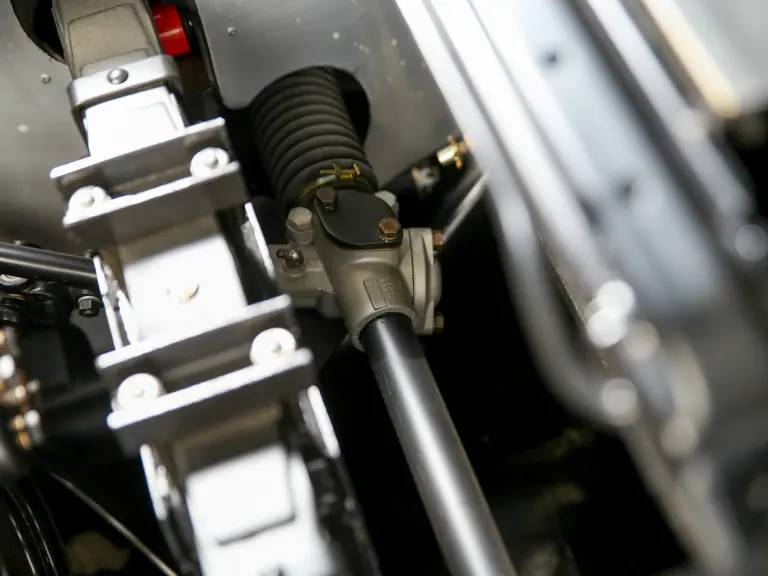
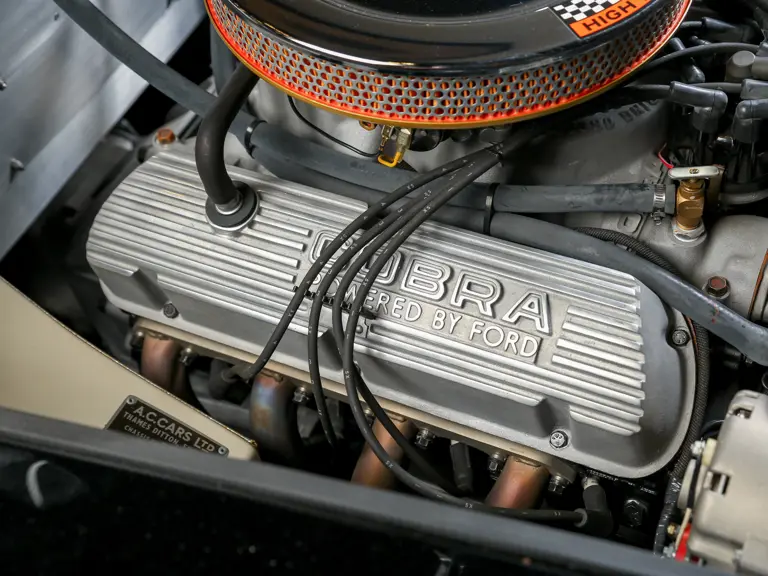
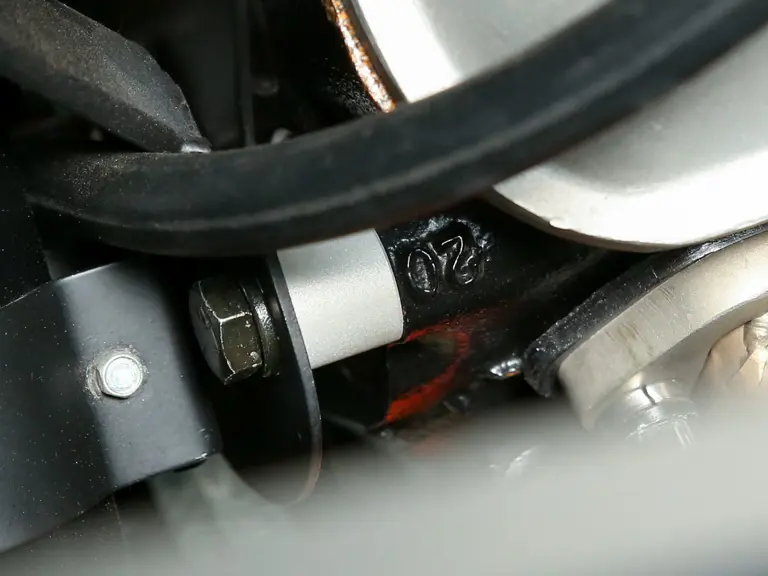
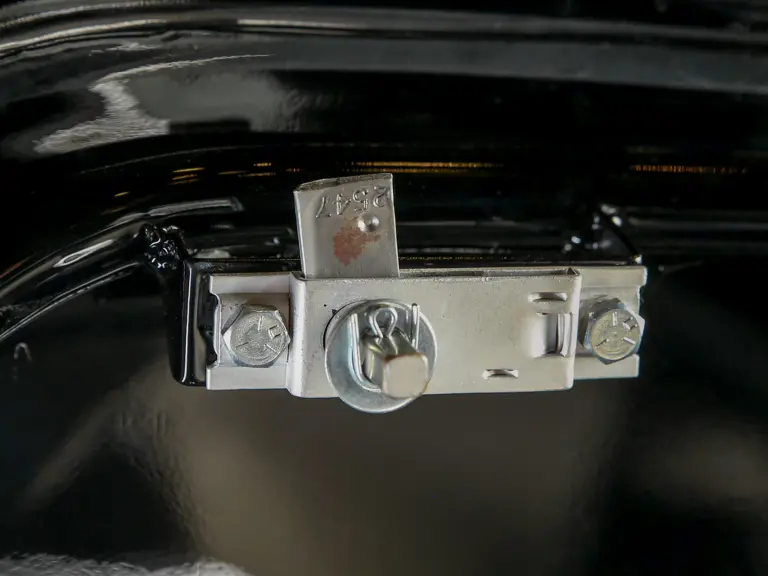
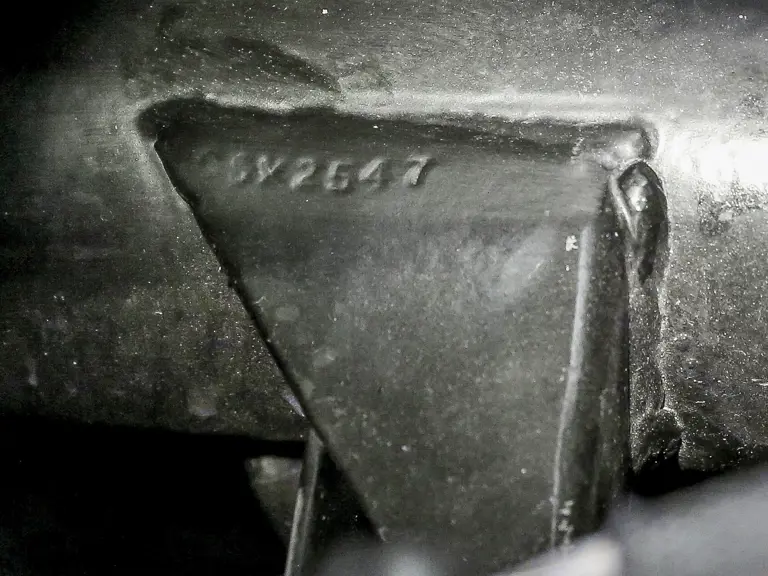
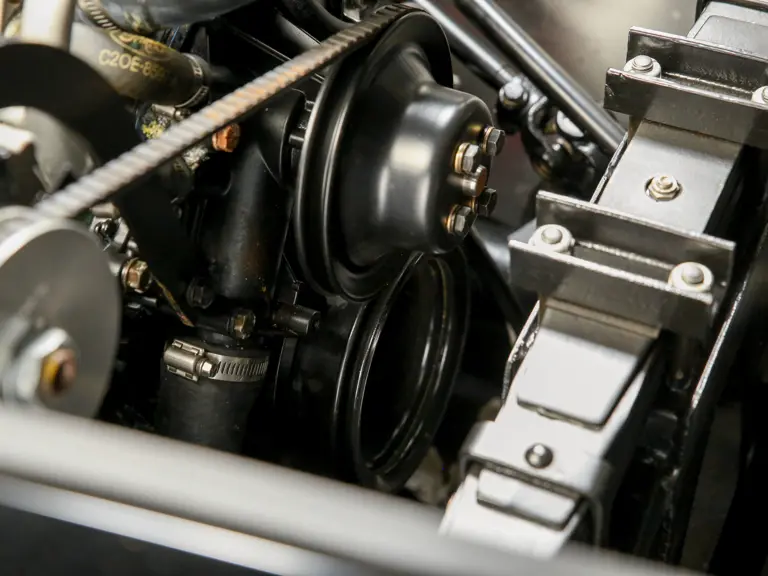
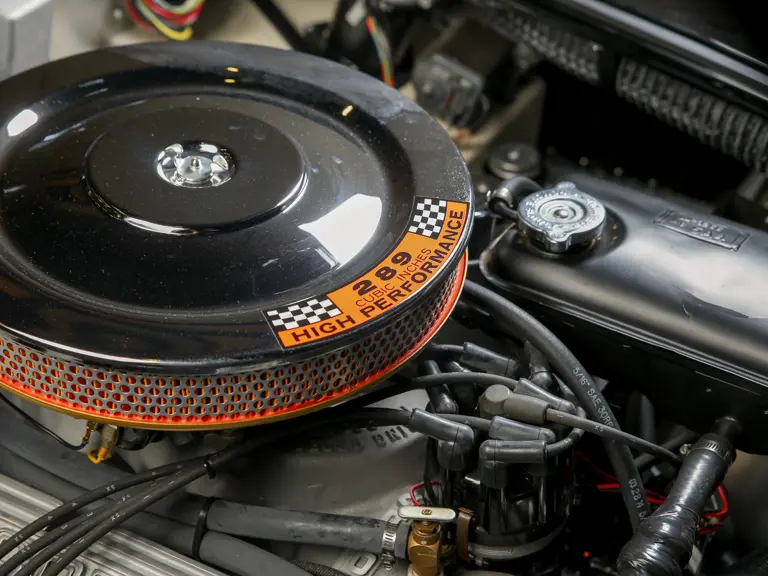
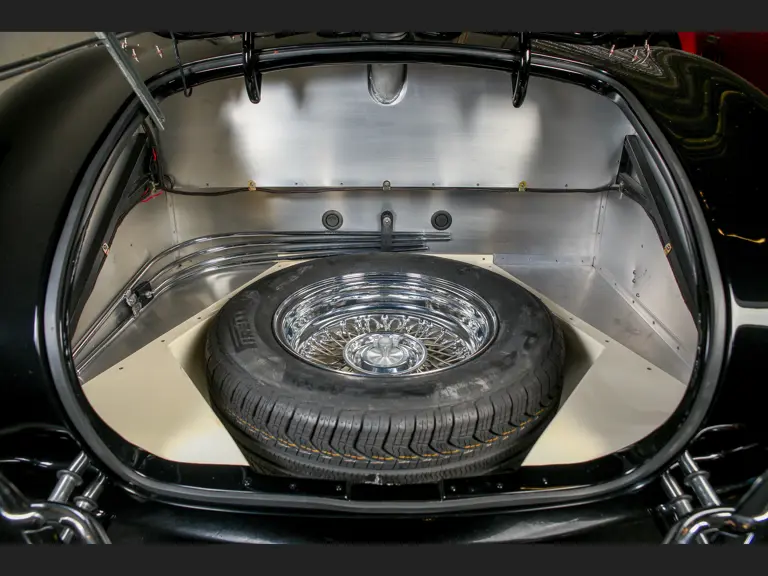
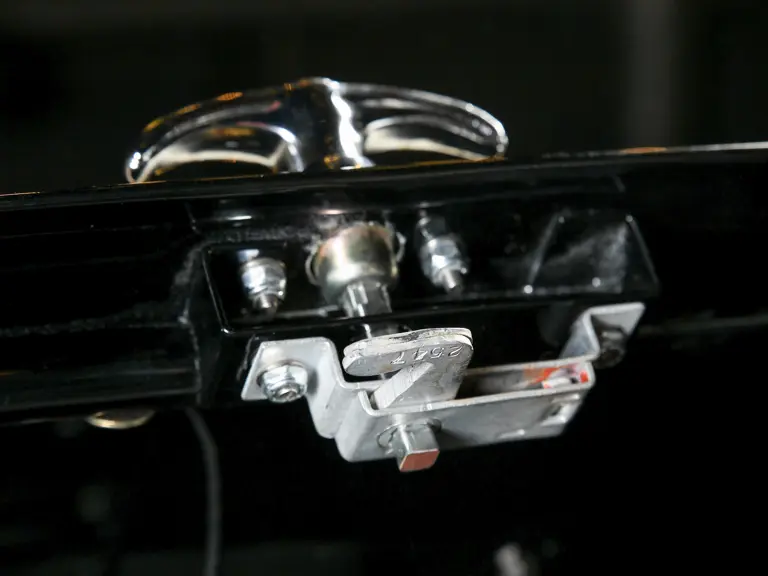
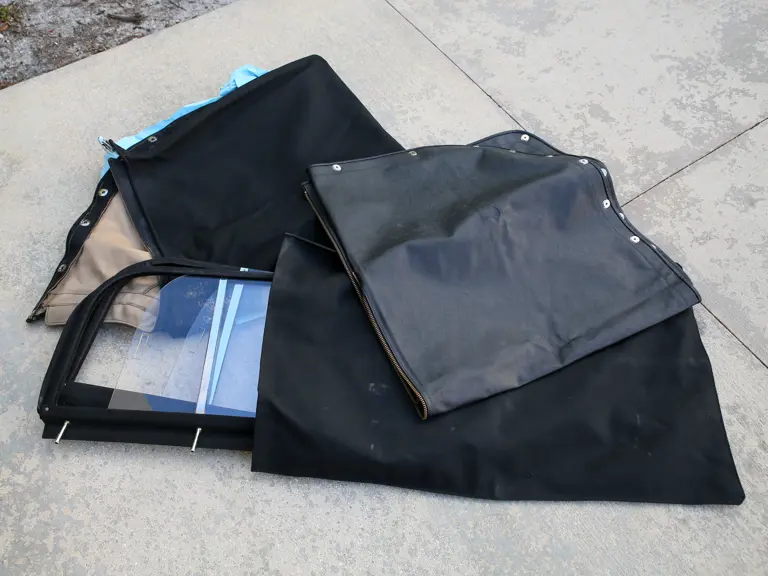
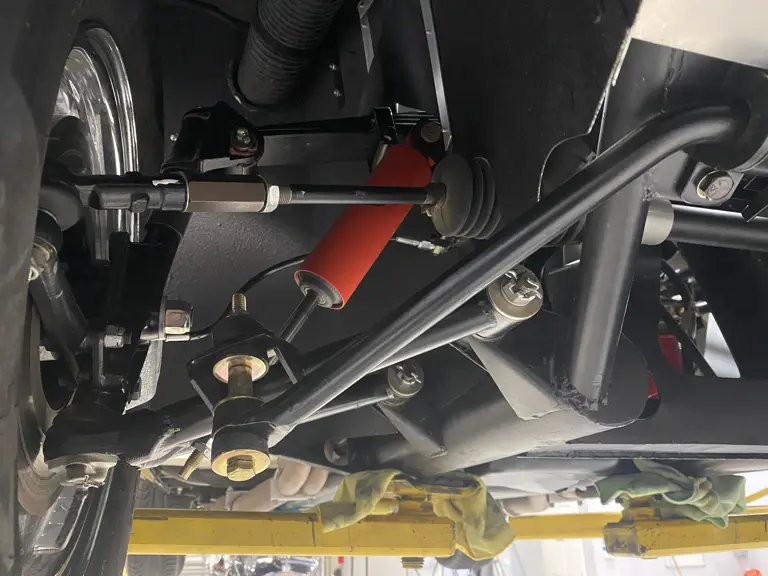
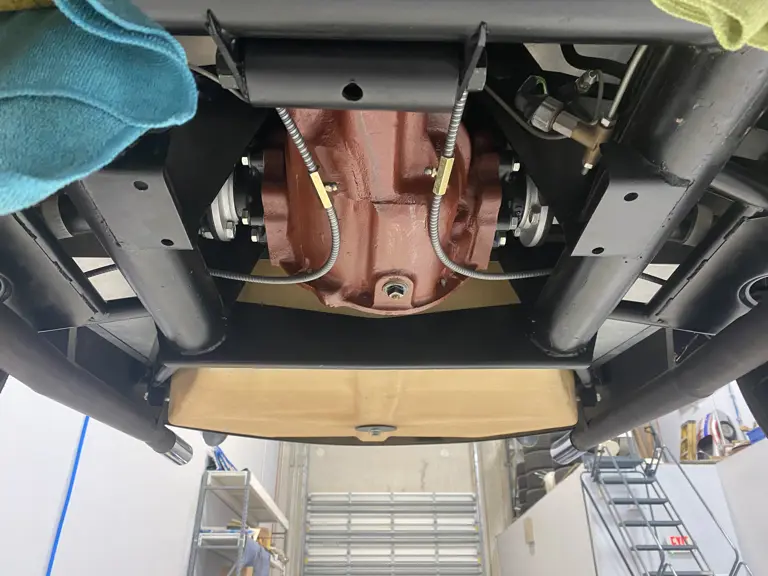
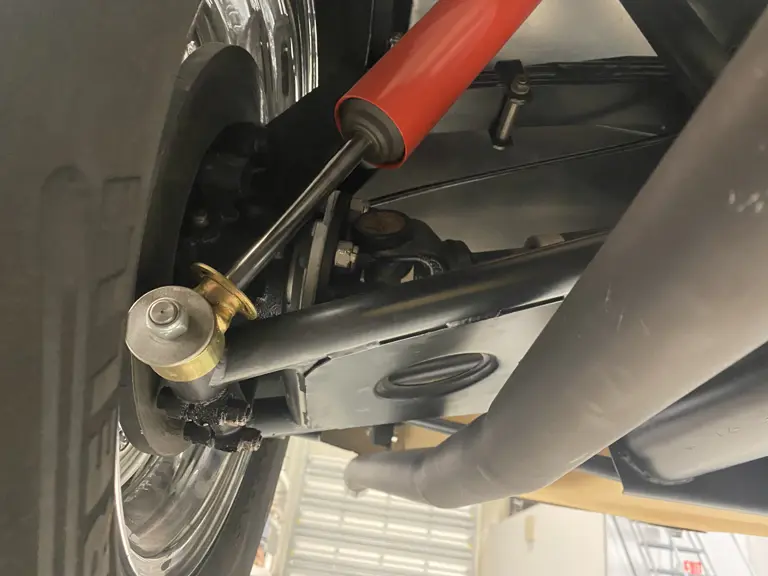
 | Amelia Island, Florida
| Amelia Island, Florida
